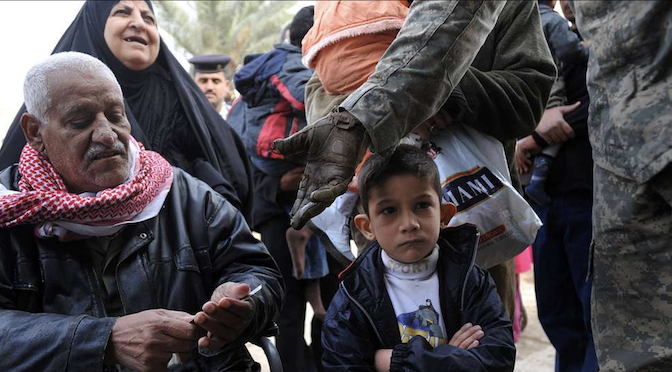Mitigating the risk of deliberate attacks against civilians and other individuals protected by international humanitarian law is among the most fundamental objectives of international legal regulation of armed conflicts.
Central to this risk mitigation is the categorical prohibition against deliberately attacking civilians and other protected individuals (unless and for such time as they directly participate in hostilities). Facilitating this protection necessitates combatants, and other members of organized armed groups, distinguish themselves from the civilian population—at a bare minimum when engaged in hostilities. However, this incentive to distinguish oneself from civilians and other protected persons is insufficient alone to meaningfully contribute to the protective effect of distinction.
The international law violation of perfidy—generally synonymous with treachery—is often considered a sufficient alternative to penalize feigning protected status. Corn states that this alternative is insufficient because of the result nature of perfidy. He asserts that this complementary effect can be enhanced by placing greater emphasis on the impermissibility of perfidious/treacherous conduct, which in turn can be achieved by recognizing an inchoate form of this violation of humanitarian law as unlawful.

